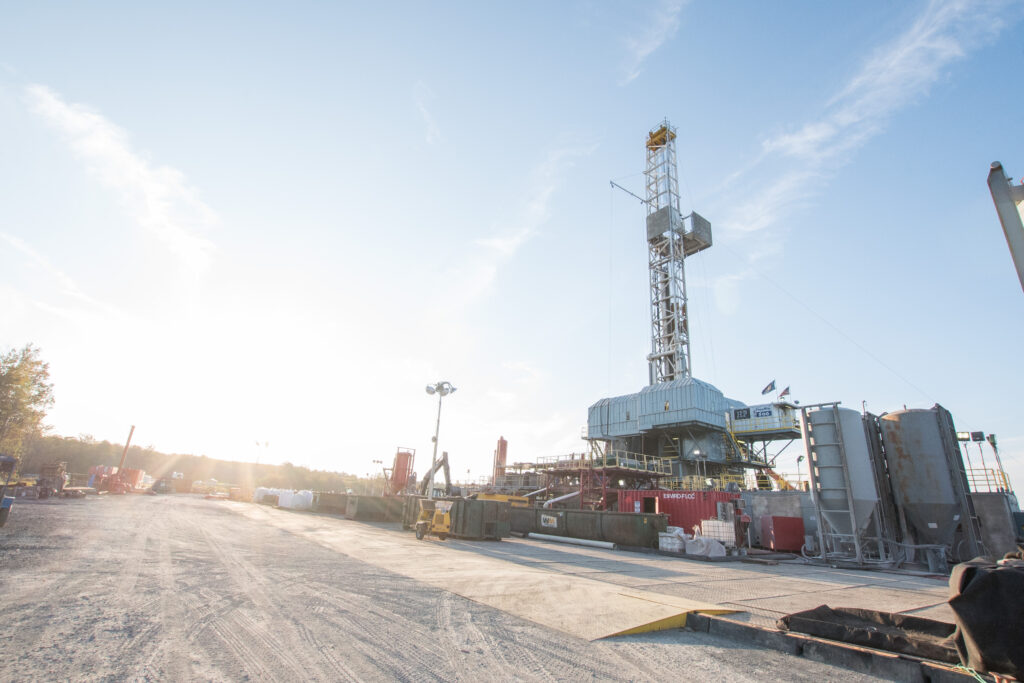Natural gas development is having no adverse impact on water quality in Pennsylvania streams, a recent study in the Proceedings of the National Academy of Sciences (PNAS) journal found.

The study – whose authors include individuals from the state’s Bureau of Forestry within Pa. DCNR, the Division of Water Quality within Pa. DEP, and experts from the US Geological Survey – continuously monitored 25 streams on State Forest Service lands in the northcentral and northeastern Pennsylvania, where approximately 500 unconventional natural gas wells have been drilled since 2008.
Researchers collected samples from headwater streams and analyzed them for both microscopic organisms and various chemicals that make up produced or flow back water. The researchers we unable to detect any traces of chemical wastewater in the in the monitored streams:
“No quantifiable relationships were identified between the intensity of oil-and-gas development, water composition, and the composition of benthic macroinvertebrate and microbial communities. No definitive indications that hydraulic fracturing fluid, flowback water, or produced water have entered any of the study streams were found.”
On a regional basis, the two-year study found no evidence of brine or additives common to the hydraulic fracturing process as compromising the biology of the stream or its inhabitants In fact, the highest level of chloride was detected in an area with no oil and gas development, further reinforcing the study’s findings that “Marcellus-produced waters are not influencing stream chemistry.”
As MSC President Dave Spigelmyer said in a statement:
“Like so many others, this study, funded by state and federal agencies, reflects our industry’s deep commitment to environmental and groundwater protection. Through industry collaboration and best practices, 90 percent of the water used in shale development is recycled and reused in operations and unconventional producers do not discharge into rivers or take produced water to public treatment facilities. Through common sense regulations, best practices and continuously improving technologies, responsible American natural gas production is creating good-paying local jobs and strengthening our economy while improving our environment as well as public health in the communities where we operate.”
This latest state and federally funded study builds on more than 30 peer-reviewed studies that have determined hydraulic fracturing is not a threat to groundwater, including:
- Researchers at Penn State University not only found fracking had no major threats to groundwater, but also identified an overall improving trend of water quality in Bradford County – one of Pa.’s top producing counties. (6/12/18)
- A team of experts at Yale University surveyed water samples in Susquehanna County and concluded “groundwater impacts arising from the process of hydraulic fracturing were not detected.” (7/3/18)
Recent Blog Posts




